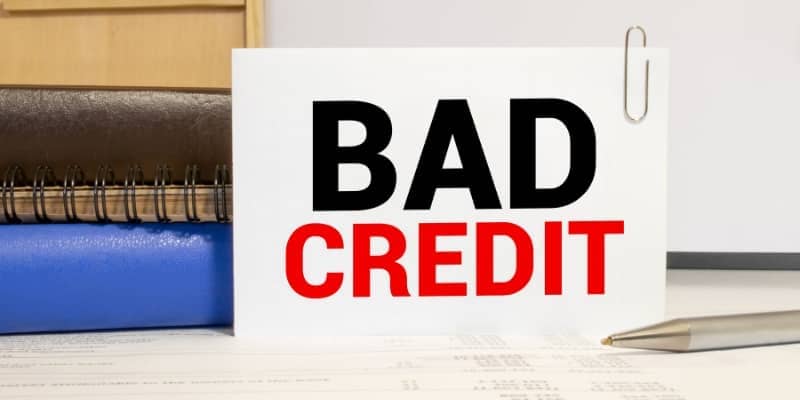Having bad credit can be a difficult situation to navigate, but it doesn’t have to be permanent. With the right steps, you can take control of your finances and rebuild your credit score faster than you might think. Here are five tips from financial professionals that will help you fix your bad credit.
1: Check Your Credit Report for Errors.
Checking for errors on your credit report is the first step toward improving your credit score. You can dispute any errors with the major consumer reporting agencies. Make sure that all of the information on your credit report matches up with your financial records. Any discrepancies should be reported to the agencies as soon as possible to start restoring your credit as quickly as possible.
2: Pay Your Bills on Time.

Paying your bills on time is a key factor in maintaining a good credit score. Even if you are not able to pay off your full balance, make sure that you consistently make at least the minimum payment each month. Not making payments can cause your credit score to drop quickly, so setting up automatic payments or an alarm system to remind yourself to keep up with bill payments is essential.
3: Reduce Credit Card Debt and Other Debts.
Reducing credit card debt and other forms of unsecured debt is essential to repairing a bad credit score. This can be done by creating a budget that includes reducing your spending and making payments towards outstanding debts. Consider talking to a financial advisor or debt consultant to draw up a plan with achievable goals. You may also want to consider consolidating debts, restructuring loans, or attempting to negotiate payment arrangements with public and private lenders to pay off larger sums faster.
4: Manage Credit Utilization Carefully.

One of the most influential factors that affect your credit score is your credit utilization. To have a higher credit score, you should strive to keep your total balances as low as possible while maintaining an on-time payment record. Aim to keep no more your total credit limit on each card and try to pay off all or most of the balance before the statement date to reduce interest charges and maintain a low debt load.
5: Keep Older Accounts Open and Stay Active.
Keeping credit cards and other accounts open—even if you’re not using them actively—helps in maintaining a healthy credit score. This is because closing an account can significantly reduce your available credit, resulting in a lower utilization ratio. In addition, by keeping the cards active with small purchases here and there, you can demonstrate responsible credit use without going into debt.





